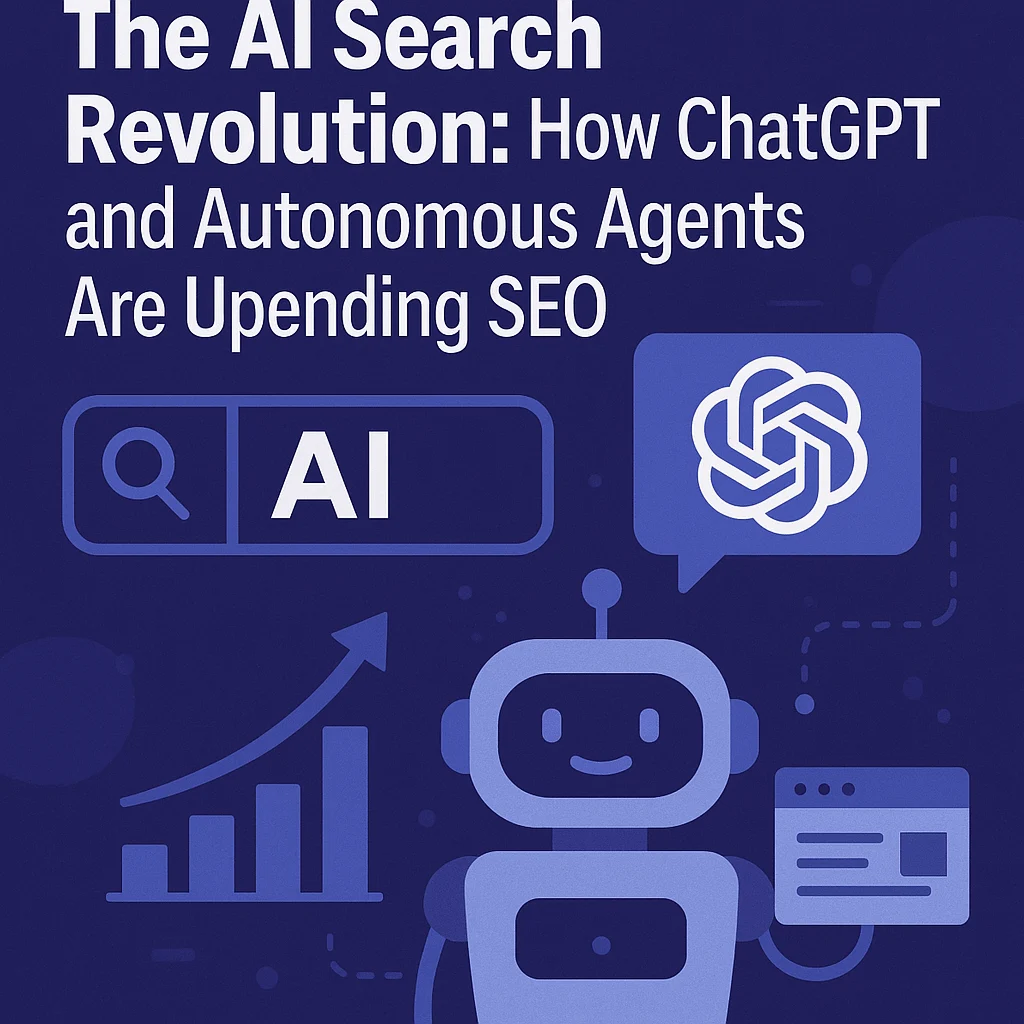In the ever-evolving digital landscape, content remains the cornerstone of any successful online presence. As we move into 2024, the rules of crafting perfect SEO content have become more refined, demanding a keen understanding of both user needs and search engine algorithms. This comprehensive guide will walk you through the essential strategies for creating content that not only ranks well on search engines but also provides substantial value to your audience.
Understanding the Importance of Content Quality
Originality and Value
Creating original content is crucial. Google rewards content that offers new insights, original research, or unique perspectives. This means moving beyond merely rewriting existing content and providing substantial additional value. For instance, if you’re writing about “SEO strategies for 2024,” consider including new data, case studies, or expert interviews that haven’t been widely shared yet.
Comprehensive Coverage
Your content should cover topics thoroughly. This doesn’t mean writing lengthy articles just for the sake of it but ensuring that you address all possible facets of a subject. Use subheadings to break down the content into manageable sections, making it easier for readers to navigate and understand. For example, an article on SEO strategies should cover keyword research, on-page SEO, technical SEO, content marketing, and link building in detail.
Insightful Analysis
Adding insightful analysis helps set your content apart. This could be your interpretation of recent trends, predictions for the future, or in-depth analysis of a case study. Insightful content resonates with readers because it provides them with information they can’t easily find elsewhere.
Crafting Effective Headlines and Titles
Descriptive and Helpful
Your headlines and titles should accurately describe the content and provide a clear benefit to the reader. Avoid clickbait titles that exaggerate or mislead. Instead, focus on creating headlines that are both informative and enticing. For example, “10 Proven SEO Strategies for 2024” is more effective than “You Won’t Believe These SEO Tricks!”
Avoiding Sensationalism
While it’s important to grab attention, your headlines should avoid being shocking or sensational. This not only misleads the reader but can also damage your site’s credibility. Stick to titles that are straightforward and provide a truthful representation of what the reader can expect.
Ensuring High-Quality Content
Spelling and Style
Good grammar and a consistent writing style are fundamental. Content filled with spelling mistakes or inconsistent styles appears unprofessional and can deter readers. Tools like Grammarly can help maintain high standards of spelling and grammar.
Well-Produced Content
Invest time in creating well-produced content. This means ensuring your articles are well-structured, visually appealing, and easy to read. Use images, infographics, and videos to break up text and provide additional value. Tools like Canva can help you create engaging visuals.
Avoiding Mass Production
Avoid mass-producing content. Quality trumps quantity. Focus on creating fewer, high-quality pieces rather than churning out numerous low-quality articles. This ensures each piece gets the attention and care it needs to truly benefit your audience.
Demonstrating Expertise
Trustworthiness
Present your information in a way that builds trust. Cite credible sources, link to authoritative sites, and provide evidence to back up your claims. This is particularly important for YMYL (Your Money or Your Life) topics that impact readers’ health, finances, or safety.
Author Expertise
Ensure your content is created or reviewed by experts in the field. Providing author bios with links to their credentials can help establish trust and authority. For instance, if you’re writing about medical topics, having a doctor review the content can significantly boost credibility.
Factual Accuracy
Ensure all the information in your content is accurate and up-to-date. This involves regularly reviewing and updating older content to maintain its relevance and accuracy. Readers should trust that the information they find on your site is reliable.
Providing a Great Page Experience
User Experience
Google’s algorithms reward content that provides a great page experience. This includes fast loading times, mobile-friendliness, and intuitive navigation. Use tools like Google PageSpeed Insights to check and improve your site’s performance.
Engaging and Interactive
Create content that engages users. This could include interactive elements like quizzes, polls, and calculators. Engaging content keeps users on your page longer, reducing bounce rates and signaling to search engines that your content is valuable.
People-First Content
Audience Relevance
Your content should be tailored to your audience’s needs and interests. Understand who your audience is and what they’re looking for. Use tools like Google Analytics and social media insights to gather data on your audience’s preferences and behavior.
First-Hand Expertise
Demonstrate first-hand expertise in your content. This could be through personal anecdotes, detailed reviews, or case studies. Readers value content from authors who have direct experience with the subject matter.
Purpose and Focus
Have a clear purpose and focus for your content. This not only helps with SEO but also ensures your content meets the needs of your audience. For example, if your site is dedicated to digital marketing, focus on providing in-depth content on various aspects of digital marketing rather than deviating into unrelated topics.
Avoiding Search Engine-First Content
Warning Signs
Be wary of creating content primarily to attract search engine visits. This includes producing content on a wide range of topics in the hopes of gaining traffic, using automation to generate content, and focusing on trending topics without genuine interest or expertise.
Reader Satisfaction
Aim for content that satisfies readers. If users leave your page feeling they need more information or didn’t get what they were looking for, it’s a sign your content needs improvement. Use feedback tools and comments to understand user satisfaction and make necessary adjustments.
Effective SEO Practices
Keyword Research
Keyword research remains a fundamental aspect of SEO. Use tools like Google Keyword Planner, Ahrefs, or SEMrush to find relevant keywords for your content. Focus on long-tail keywords that are less competitive but highly relevant to your audience.
On-Page SEO
Optimize your content for on-page SEO. This includes using your primary keyword in the title, headings, and throughout the content. Also, ensure your meta descriptions are compelling and accurately describe the content.
Technical SEO
Technical SEO involves optimizing the backend of your site. This includes improving site speed, ensuring mobile-friendliness, and using structured data to help search engines understand your content better. Regularly audit your site to fix any technical issues.
Content Marketing
Promote your content through various channels. This could include social media, email marketing, and guest blogging. Content marketing helps increase visibility and drive traffic to your site.
Link Building
Build high-quality backlinks to your content. This can be done through guest posting, reaching out to influencers, and creating shareable content that others want to link to. Quality backlinks signal to search engines that your content is authoritative and trustworthy.
Embracing E-E-A-T Principles
Experience
Showcase the experience behind your content. This could be through detailed case studies, personal stories, or demonstrating hands-on experience with the topic.
Expertise
Highlight the expertise of the authors. Provide detailed bios and links to their credentials. This builds trust and authority with your audience.
Authoritativeness
Establish your site as an authority in your niche. This involves consistently producing high-quality content, earning backlinks from reputable sites, and being recognized as an expert in your field.
Trustworthiness
Build trust with your audience by providing accurate, reliable information. Use credible sources, avoid clickbait, and ensure your content is well-researched and fact-checked.
Monitoring and Improving Content
Regular Audits
Regularly audit your content to ensure it remains relevant and accurate. This involves updating old posts, fixing broken links, and ensuring all information is current.
User Feedback
Use user feedback to improve your content. Encourage comments and reviews, and use this feedback to make necessary adjustments. This helps ensure your content meets the needs and expectations of your audience.
Analytics
Use analytics tools to monitor the performance of your content. Track metrics like page views, bounce rates, and average time on page to understand how users interact with your content. Use this data to make informed decisions about future content.
Conclusion
Crafting perfect SEO content for 2024 requires a deep understanding of both your audience and the evolving landscape of search engine algorithms. By focusing on creating high-quality, people-first content, demonstrating expertise, and continuously monitoring and improving your content, you can ensure your site not only ranks well but also provides substantial value to your readers. Remember, content is king, but only if it truly serves the needs of your audience.



